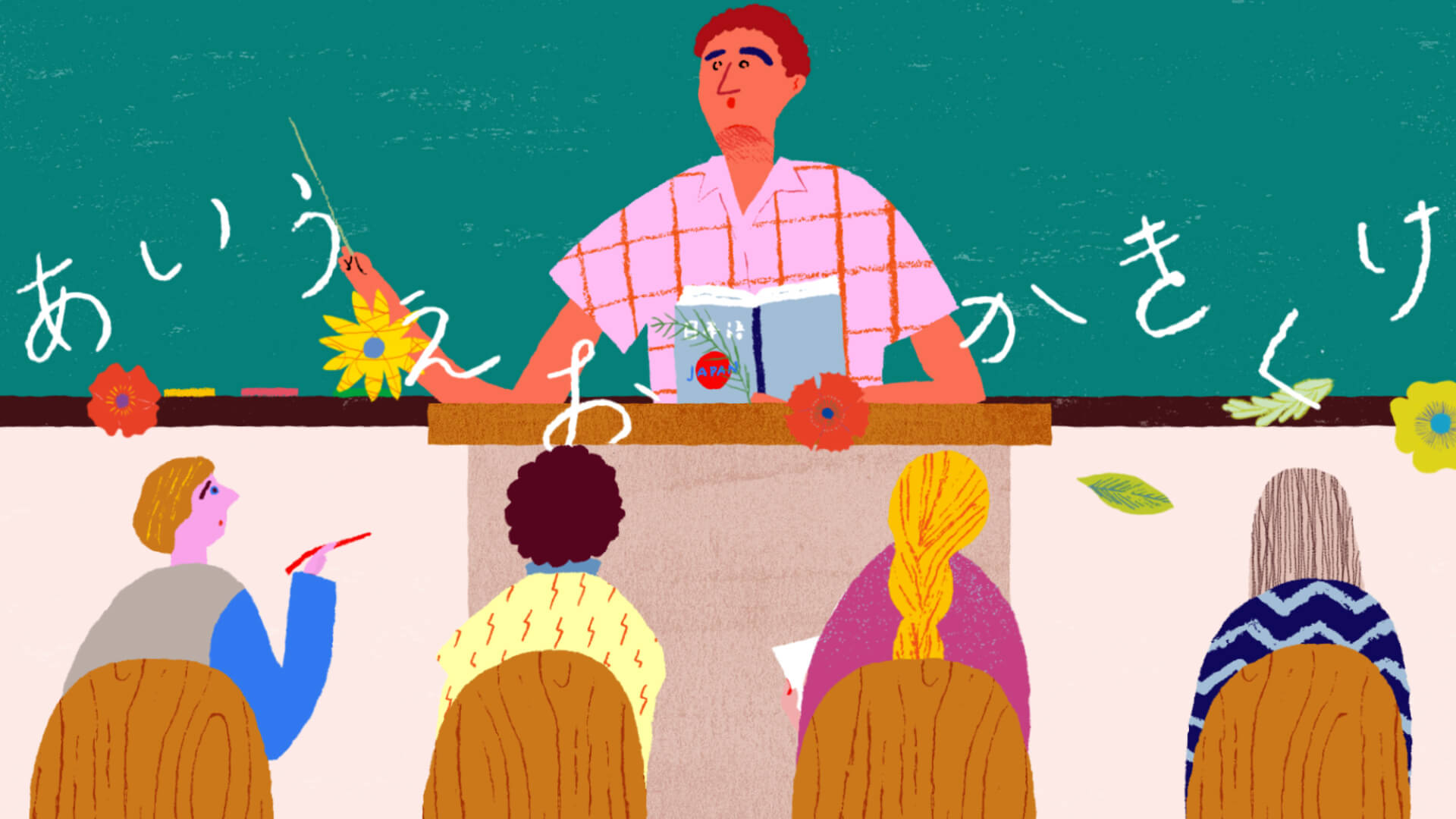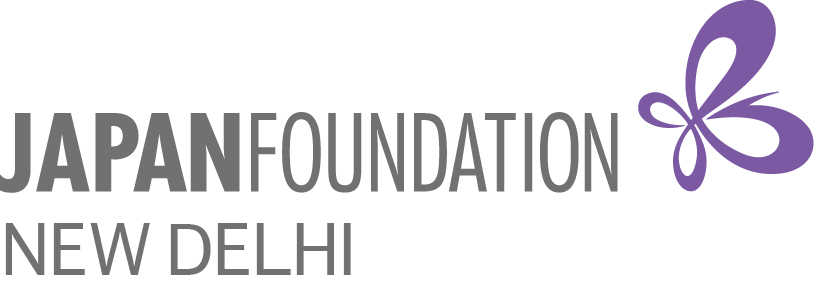The International Research Center for Japanese Studies (Kyoto, Japan) is pleased to announce an opening for a foreign scholar to reside at the Center and participate during the Japanese academic year 2016-2017 in one of the following team research projects:
1. Outline
A. Rethinking Postwar Japanese Culture
With 2015 marking the seventieth year since the end of World War II, Japan reaches an important turning point in the “postwar” era. The term sengo (postwar) as it came to be used in Japan has connoted a self-consciousness closed off from Asia and the world, but understanding the past seventy years within that sengo framework is no longer viable. Meanwhile, the [1994] collapse of the “1955 system” that took place soon after the end of the Cold War brought an end to the postwar political framework based on a complementary relationship between the conservative Liberal Democratic Party and progressive socialist and other parties. With the emergence of neoliberalism and increased critical awareness of the problems of postwar democracy, movements are forming on a larger-than-ever scale calling for policies that would move beyond “sengo.” How should research on cultural history deal with such “rethinking postwar” moves? The present research project, with the participation of scholars in a wide range of fields including literature, history, art history, film, medicine, and so forth, is aimed at answering this very question by thorough reviewing of the concept of “sengo” and grappling with various problems related to memory of the war after the generations that experienced the war have left us.
※Questions regarding the details of the research project may be sent to Professor TSUBOI Hideto at the Center address, by E-mail at hidetot@nichibun.ac.jp
B. Between Narrative Literature and Historical Sources
Our research group explores how stories included in the setsuwa-shū collections of setsuwa legends and original stories of a setsuwa character are connected with historical sources. Besides examining the relations between setsuwa-shū themselves and historical sources, we conduct research comparing individual narratives (and their originals) with related items found in historical sources.
Interdisciplinary and comprehensive research on this subject is only made possible by bringing together the knowledge and expertise of Kokubungaku (Japanese literature) scholars specializing in setsuwa-shū, historians working on the periods those collections were produced, and in addition, historians doing research on the periods that are described in the individual stories.
Our research group is made up of leading scholars in these fields, as well as those in the forefront of their respective fields, promising future leaders in the fields, and specialists residing overseas. Through accumulated presentations of research and discussions made from this interdisciplinary perspective, we are tackling the difficult tasks involving narrative literature and historical sources.
※Questions regarding the details of the research project may be sent to Professor KURAMOTO Kazuhiro at the Center address, by E-mail at kazz@nichibun.ac.jp
C. Approaching Meiji Japan from the Perspective of a Comparative History of Civilizations: Rethinking its Legacy
One hundred years have passed since the end of the Meiji era (1868–1912), the period when Japan pushed itself mightily, aiming at the “clouds above the hill”—the modernization of the country. Those youthful days of the country’s modern history continue to be the focus of great national pride and nostalgia. The days of its youth now long past, Japan is today the scene of a quite mature, even aging society and it faces serious frictions with neighboring countries, and the situation cannot be resolved by reminiscing about an idealized past. Our research project here looks at the Meiji era not as the history of a single nation but in the context of the history of civilizations interacting among themselves on the globe. Japan, a small country at the far eastern edge of the continent, on the one hand built a unified nation-state at breakneck speed and emerged as one of the world’s leading powers. Eventually, on the other hand, it expanded its power overseas and in the end, left great scars of war in the East Asian world. This history of modern Japan is still viewed by other countries with envy and resentment. Keeping this in mind, our project team analyzes the ideas and conditions that made the events of the Meiji era possible and review the era in a new light—as part of the heritage of humankind.
※Questions regarding the details of the research project may be sent to Professor TAKII Kazuhiro at the Center address, by e-mail at takii@nichibun.ac.jp
2. Eligibility
⑴ Display evidence of prior research and publications directly related to the above research project.
⑵ Have a Ph.D. (or equivalent) and an academic position by the time of application.
⑶ Not more than 65 years old when the research period begins.
※For this fellowship, we especially welcome applications from younger scholars. The position is open with regard to discipline, and applicants need not be specialists of Japan; indeed, those able to offer comparative perspectives are especially welcome. However, discussions and presentations will be in Japanese, so knowledge of the language would be distinctly preferable.
3. Research Period
The scholar is expected to arrive in Kyoto someday between April 1 and October 3l, 2016; the fellowship runs from your arrival until March 31, 2017.
Please be sure to arrive in Japan within 1 to 7 days before the starting date of your contract period.
4. Last date of Application
Submit via e-mail in PDF format to “ kyoudou@nichibun.ac.jp ” by July 31, 2015.
Be sure to add your signature at the end of the application form.
For more information and Application Form, please follow the link :
http://research.nichibun.ac.jp/en/employment/team.html#gaikoku
 Twitter
Twitter

 '
'